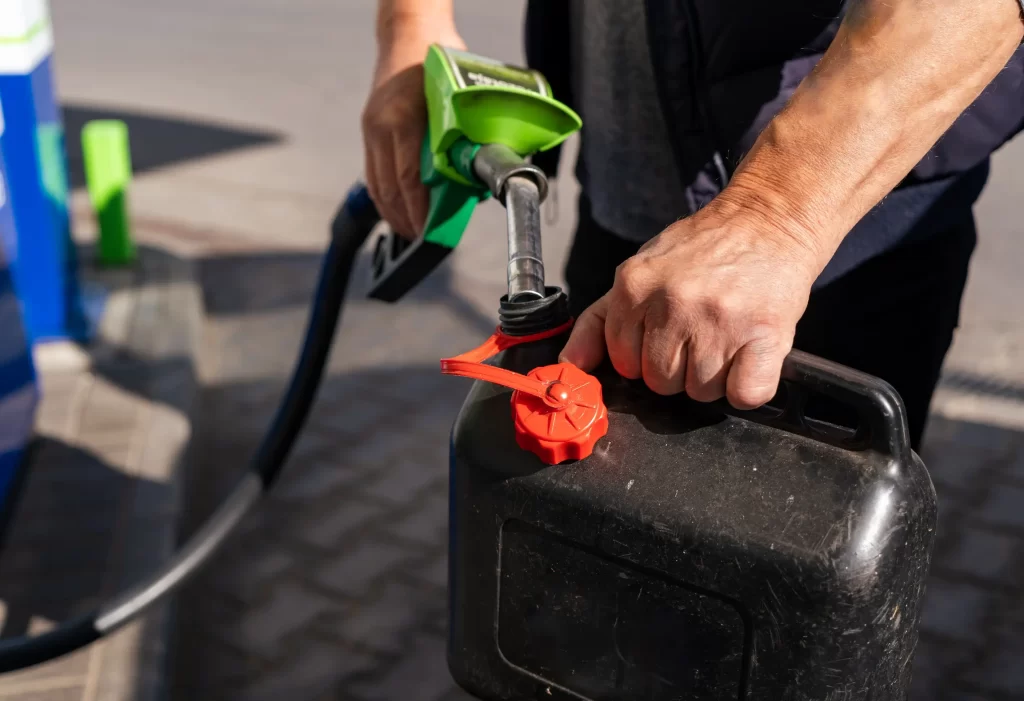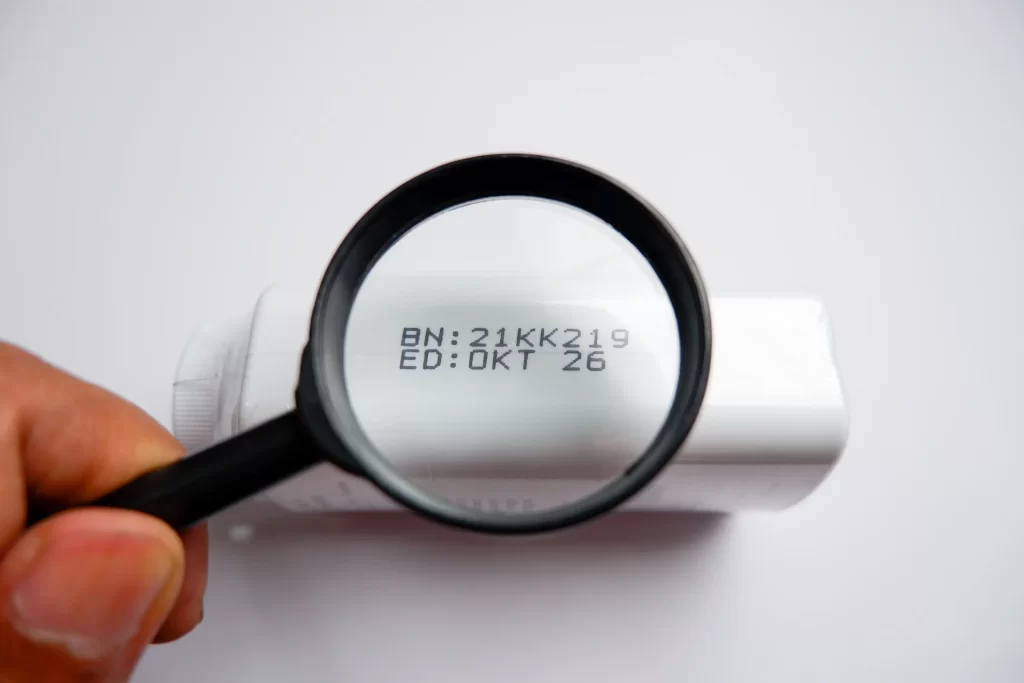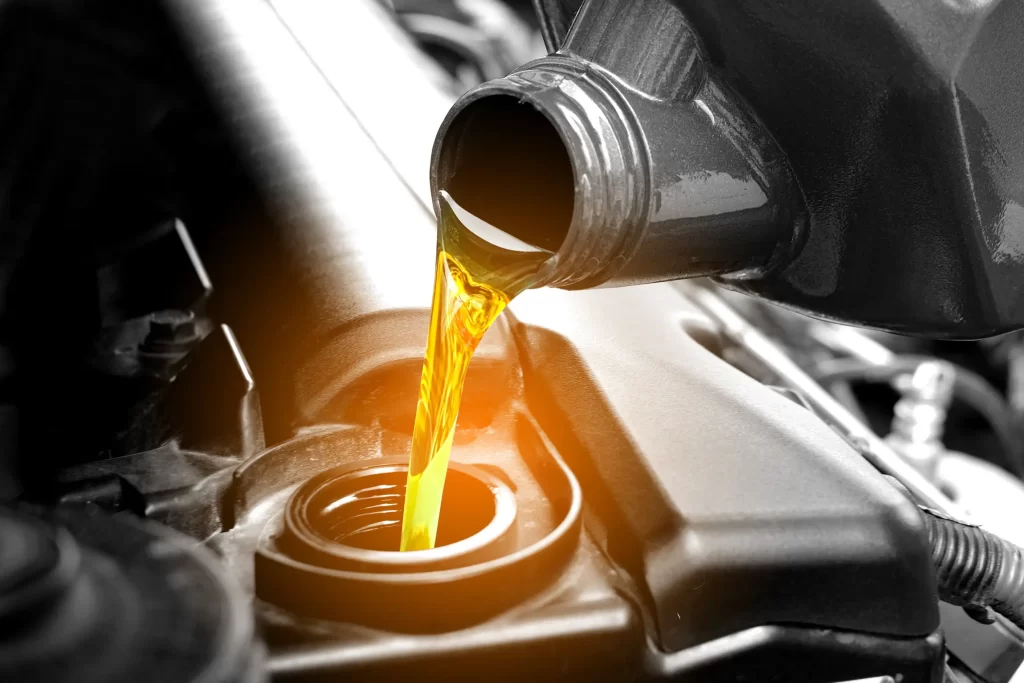Does Gasoline Have An Expiration Date?
The presentation of post-apocalyptic scenarios in famous Hollywood movies often overlooks the reality of gasoline’s limited shelf life. In these depictions, cars start effortlessly, even after years of neglect, fueling the protagonists’ escape from various dangers. However, the truth is that gasoline, like many other perishable commodities, comes with an expiration date.
What most people might not know is that gasoline, a complex amalgamation of around 150 hydrocarbons, is much more than just a fuel source. It serves additional functions, acting as a lubricant and providing anti-rust and anti-icing properties essential for the smooth operation of engines. Furthermore, the modern gasoline you find at gas stations today typically contains ethanol, which poses additional challenges regarding long-term storage.

Gasoline has a relatively short shelf life and can expire in as little as four weeks when dormant in a vehicle’s tank. When stored in jerry cans, its lifespan extends to three to six months under proper conditions. Motorcycle enthusiasts and classic car owners are often familiar with the use of fuel stabilizers, which can further extend the shelf life to one to three years, provided the storage conditions are optimal.
The degradation of gasoline occurs through various processes. Oxidation is one such mechanism, resulting in the formation of gum-like films that can clog up the fuel system and engine components. This oxidation process is accelerated when gasoline is left stagnant for extended periods. William Northrop, a professor of mechanical engineering at the University of Minnesota, emphasizes that the presence of these polymers can not only compromise the engine’s performance but also result in the foul odor associated with old gasoline.

Evaporation is another factor that contributes to gasoline’s expiration. The lighter hydrocarbons, known as “light ends,” are responsible for starting the engine and can readily volatilize and evaporate over time. As a result, cars running on old gasoline often struggle to create or may not start at all.
Moreover, the presence of ethanol in modern gasoline introduces an additional challenge. Ethanol has a tendency to attract water. When stored in a humid environment, gasoline can absorb water, leading to potential issues such as rusty fuel lines and inhibited combustion.
Fortunately, there are visible indicators to determine whether gasoline has expired. The foul odor, the change in color from green/yellow to muddy orange, and the visible gum build-up in storage containers are all telltale signs that the gasoline is no longer suitable for use.

Given these complexities, it is crucial to store gasoline properly. Northrop recommends keeping gasoline in a mostly full container to minimize the headspace, which helps curtail the evaporation process. Maintaining a controlled environment with a constant room temperature and low humidity further helps to preserve its quality. Additionally, fuel stabilizers can effectively combat the oxidation process, prolonging the gasoline’s shelf life.
Understanding the nuances of gasoline storage is essential for any individual owning vehicles, lawnmowers, or other gasoline-powered equipment. With proper storage techniques, one can avoid unexpected surprises when attempting to start an engine or prepare for the next adventure.
